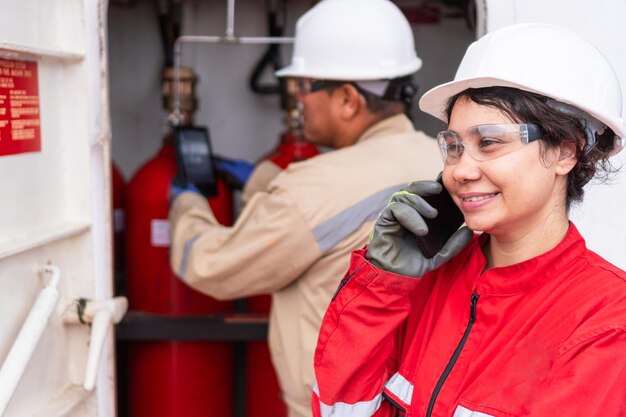How to Become a Fire Inspector: Education, Certifications, and Licenses
Becoming a fire inspector is a noble profession that plays a vital role in ensuring public safety. The journey typically begins with a high school diploma or equivalent. However, prospective fire inspectors will greatly benefit from pursuing higher education, such as an associate or bachelor's degree in fire science, fire protection engineering, or a related field. These programs offer foundational knowledge that is crucial for understanding firefighting techniques, fire prevention, and fire safety technology. In addition to formal education, hands-on experience is pivotal. Many fire inspectors start their careers as firefighters to gain practical knowledge and experience in emergency services.
Certifications and licenses are key components of a fire inspector’s credentials. Certifications such as Fire Inspector I or II offered by organizations like the National Fire Protection Association (NFPA) or the International Code Council (ICC) demonstrate a commitment to industry standards and proficiency in fire inspection basics. Moreover, some states require fire inspectors to be licensed, meaning it is imperative to check the local regulations where you plan to work. Continuing education and specialized certificates, like hazardous materials or building construction, can further enhance a fire inspector's expertise, paving the way for career advancement and ensuring public safety.
Path to Becoming a Fire Inspector:
-
🎓 Education:
- Associate's Degree in Fire Science
- Bachelor's Degree in Fire Protection Engineering
-
📜 Certifications:
- Fire Inspector I & II (NFPA/ICC)
- Specialized certificates (e.g., Hazardous Materials)
-
🏅 Licenses:
- State-specific licensing requirements
-
🔧 Experience:
- Firefighting experience
- Continuing education opportunities
